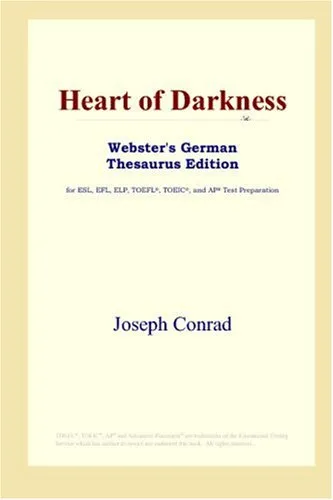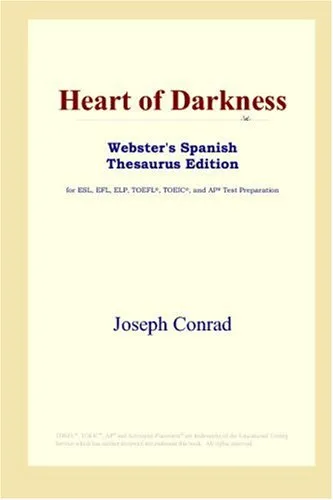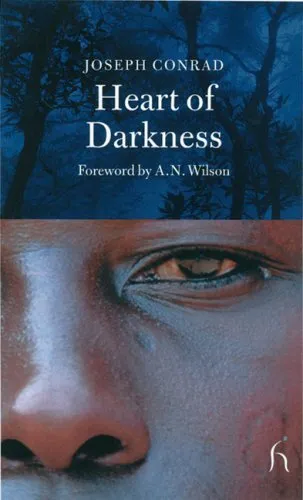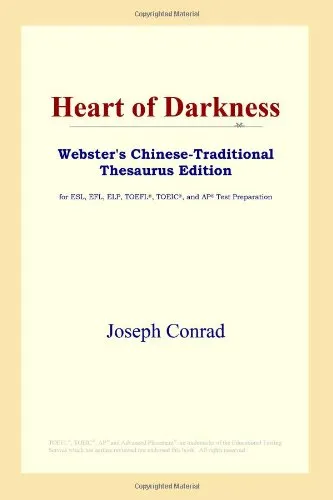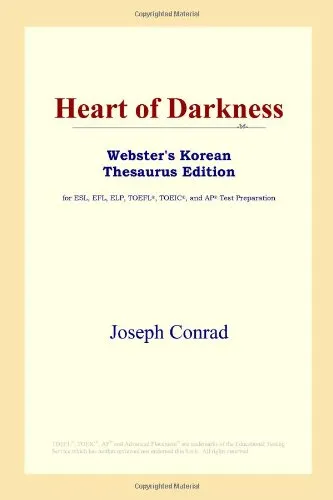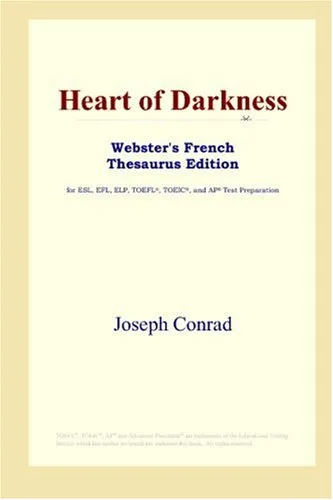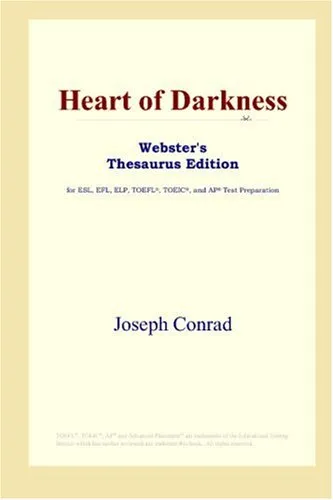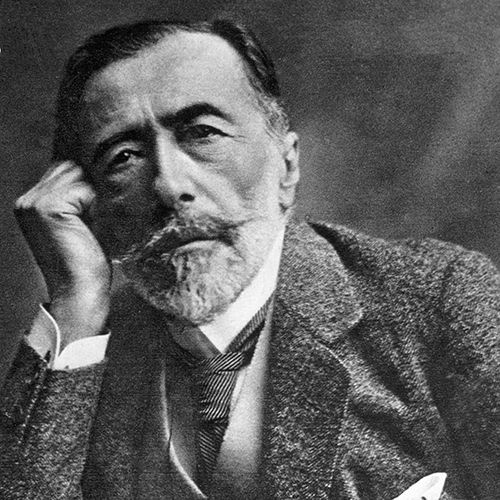Heart of Darkness (Webster's German Thesaurus Edition)
4.0
Reviews from our users

You Can Ask your questions from this book's AI after Login
Each download or ask from book AI costs 2 points. To earn more free points, please visit the Points Guide Page and complete some valuable actions.Related Refrences:
Persian Summary
Introduction to 'Heart of Darkness (Webster's German Thesaurus Edition)'
Published originally in 1899 as a novella, 'Heart of Darkness' by Joseph Conrad stands as one of the most studied, critiqued, and influential works in English literature. This particular edition enriches the reading experience by providing a German Thesaurus that aids readers in understanding complex language nuances and themes. As a profound exploration of the grim depths of human nature and colonialism, this edition offers insights not only into the narrative but also the intricate weave of language that Conrad uses.
Detailed Summary of the Book
'Heart of Darkness' is a tale about Charles Marlow, a seaman who embarks on a journey up the Congo River into the African interior. He is in pursuit of Mr. Kurtz, an ivory trading post manager who has reputedly become unhinged among the native peoples. The narrative unfolds as Marlow recounts his journey to friends aboard a boat on the River Thames.
The story is an evocative examination of the blurry line between civilization and savagery. Conrad challenges the 19th-century imperialist narrative by exposing the hypocrisy and exploitation underlying European colonialism. The 'darkness' in the title refers both to the unexplored interior of Africa and the moral depths of human depravity. This symbolic interpretation is crucial, as it underscores the pervasive theme of darkness that exists within all men, made more evident as Marlow confronts the enigmatic and sinister figure of Kurtz. The journey thus becomes a metaphorical voyage into the darkest aspects of humanity.
Key Takeaways
One of the primary themes of 'Heart of Darkness' is the critique of imperialism and colonization. Conrad offers a scathing analysis of the corrupted ideals of European imperialists and the brutal reality confronted by colonized people.
Conrad's masterful use of symbolism and allegory highlights the duality of human nature—the capacity for great good and great evil present in each person.
The narrative structure, with its frame story and unreliable narration, forces the reader to question perceptions of reality and truth, thus enriching the reader's engagement with the text.
Famous Quotes from the Book
"The horror! The horror!"
This iconic exclamation from Kurtz encapsulates the existential dread and the realization of humanity's innate darkness.
"We live as we dream - alone."
This reflection points to the isolating reality of the human experience, underscoring themes of solitude and existential alienation.
"The mind of man is capable of anything - because everything is in it, all the past as well as all the future."
This quote emphasizes the vast potential within man, for destruction or heroism, as influenced by their experiences and choices.
Why This Book Matters
'Heart of Darkness' remains relevant over a century after its publication due to its unflinching examination of the complexities of human morality, power, and greed. Its exploration of the psychological undertones of colonization provides a timeless reflection on the consequences of unchecked ambition and moral blindness.
This edition, with the added value of Webster's German Thesaurus, makes 'Heart of Darkness' accessible to a wider audience by aiding the comprehension of Conrad's complex language and philosophical themes. The book is a must-read for those interested in postcolonial studies, human psychology, and the dynamics of power.
Free Direct Download
You Can Download this book after Login
Accessing books through legal platforms and public libraries not only supports the rights of authors and publishers but also contributes to the sustainability of reading culture. Before downloading, please take a moment to consider these options.
Find this book on other platforms:
WorldCat helps you find books in libraries worldwide.
See ratings, reviews, and discussions on Goodreads.
Find and buy rare or used books on AbeBooks.
1567
بازدید4.0
امتیاز0
نظر98%
رضایتReviews:
4.0
Based on 0 users review
Questions & Answers
Ask questions about this book or help others by answering
No questions yet. Be the first to ask!
